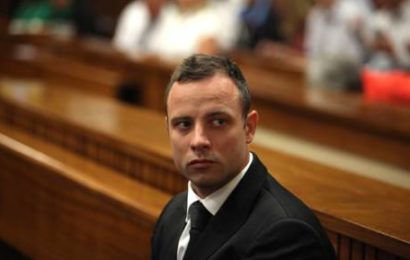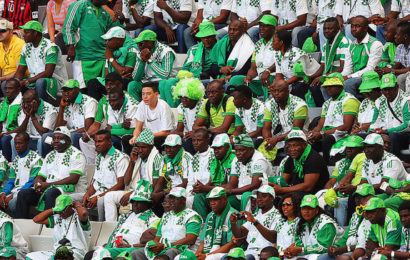 The federal government of Nigerian Government might be reintroducing the subsidy regime due to an increase in the landing cost of Premium Motor Spirit. This comes just eight months after President Muhammadu Buhari removed the subsidy, which it complained had cost the country billions of naira to sustain.
The federal government of Nigerian Government might be reintroducing the subsidy regime due to an increase in the landing cost of Premium Motor Spirit. This comes just eight months after President Muhammadu Buhari removed the subsidy, which it complained had cost the country billions of naira to sustain.
Crude oil prices are currently trading at $56 per barrel as compared to $ 41 when the pump prices were increased from 97 naira to 145 naira in 2016. The rise in crude oil prices coupled with a fall in the value of the naira has led to the increase in the cost of petroleum products.
The Petroleum Product Pricing Regulatory Agency (PPPRA) in its pricing template states the landing cost of petrol, as 122.03 naira while the total cost is 140.03 naira. The pricing was stated in May 2016 immediately after the subsidy was initially removed. However, the landing cost has further increased because of the devaluation of the currency from 285 naira to 305 naira in June 2016.
There are estimation that the addition of the product cost with freight charge and other cost elements in the PPPRA template result in a landing cost of 145.09 naira per litre – using the official exchange rate of 305 naira/dollar or 222.33 naira per litre – using the parallel market rate of N490/dollar.
Despite the increase in landing cost, the Nigerian National Petroleum Corporation is still selling petrol to marketers at regular prices. This indicates that they are selling at a loss to maintain the prices. The Head of Energy, Ecobank Capital, Mr Dolapo Oni, explains that the NNPC’s move is not sustainable because oil price could keep on going higher and the cost to the NNPC will increase.
From the outlook of events occurring, the government is left with two options: 1) reintroduce the former subsidy or, 2) allow for an increase in fuel prices. A reintroduction of subsidy would lead to an increase in the government’s expenditure. Vice president Yemi Osinbajo said that the removal of fuel subsidy in May 2016 saved the government 15.4 billion naira monthly. A reintroduction of the subsidy would shoot up the expenditure of the government and this is unaccounted for in the 2017 budget. This could affect the government’s release of funds for other projects.
If the government increases the prices of petroleum products, Nigerians should be ready for increased hardship because prices of goods would likely increase in response to the government’s decision.
The Nigerian Government has already started making fuel-sufficiency moves towards increased refining of petroleum inside the country. Last year, the government announced that it has issued licences for modular refineries that have combined capacities of 1.429 million barrels per day.








